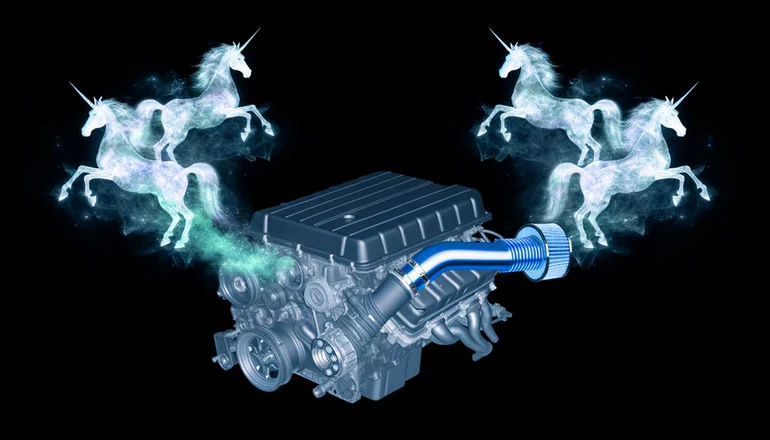

It's a common question among car enthusiasts: Can upgrading to a performance air intake actually improve your fuel economy? Many drivers invest in these parts, like the high-quality INJEN Technology air intake, hoping for a boost in both power and efficiency. This post will separate the myth from the reality, explaining how a performance intake works and what you can realistically expect when it comes to your vehicle's mileage. The notion that a performance air intake can improve gas mileage has been circulating for years. The logic seems sound: a more efficient engine should use less fuel. However, the reality is a bit more complex. While a performance intake can contribute to a more efficient engine, its direct impact on fuel economy is often minimal and depends heavily on other factors. Let's break down how these systems function and what truly influences your fuel consumption.
A performance air intake system is designed to improve your engine's breathing. Standard factory intakes are often restrictive, built to minimise engine noise and fit into a tight space. A performance system, especially a cold air intake, replaces this with wider, smoother tubing and a high-flow air filter. The primary goal is to deliver a larger volume of cooler, denser air to the engine. Why is cooler air better?
• Denser Air: Cold air is denser than warm air, meaning it contains more oxygen molecules
per unit of volume.
• Better Combustion: More oxygen allows the engine to burn fuel more completely and
efficiently during the combustion cycle.
• Increased Power: This improved combustion process results in more power and better
throttle response.
Brands like INJEN Technology specialise in creating engineered systems that optimise this airflow. By providing a less restrictive path for air to enter the engine, these intakes allow the engine to work more easily, potentially leading to slight efficiency gains under ideal conditions. For those searching for the best air intake in the UAE, understanding this mechanism is key to setting the right expectations.
While a performance intake can theoretically improve engine efficiency, it's just one small piece of a much larger puzzle. Several other factors have a far more significant impact on your vehicle's fuel consumption. If you're looking to save money at the pump, focusing on these areas will yield more noticeable results.
How you drive is the most critical factor. Aggressive driving, such as rapid acceleration, hard braking, and high speeds, forces your engine to work harder and consume much more fuel. Maintaining a steady speed and accelerating gently can significantly improve your mileage. The thrill of the extra horsepower from your new intake may tempt you to drive more aggressively, which decreases your fuel economy.
A well-maintained vehicle is an efficient vehicle. Regular maintenance ensures all components are working as they should. Key aspects include:
• Proper Tire Inflation: Under-inflated tires increase rolling resistance, making your engine work harder.
• Regular Oil Changes: Clean oil lubricates engine parts, reducing friction.
• Clean Air Filters: A clogged air filter restricts airflow, hurting performance and economy.
Where you drive also matters; moving in a city with constant stop-and-go traffic is far less efficient than cruising on a highway. Extreme weather, whether hot or cold, can also impact mileage. For instance, in hot climates like Dubai, running the air conditioning system places a greater load on the engine, thereby increasing fuel consumption.
So, does a performance air intake improve fuel economy? The honest answer is: maybe, but not by much. The primary benefit of installing a performance air intake is the noticeable gain in horsepower and throttle response. Any improvement in fuel economy is typically a minor side effect of the engine running more efficiently. If your main goal is to save fuel, your efforts are better spent on adjusting your driving habits and staying on top of vehicle maintenance. However, if you are looking to enhance your vehicle's performance and enjoy a more engaging driving experience, a high-quality system from a trusted brand like Kargenic is an excellent investment. The potential for a small bump in mileage is just a welcome bonus.